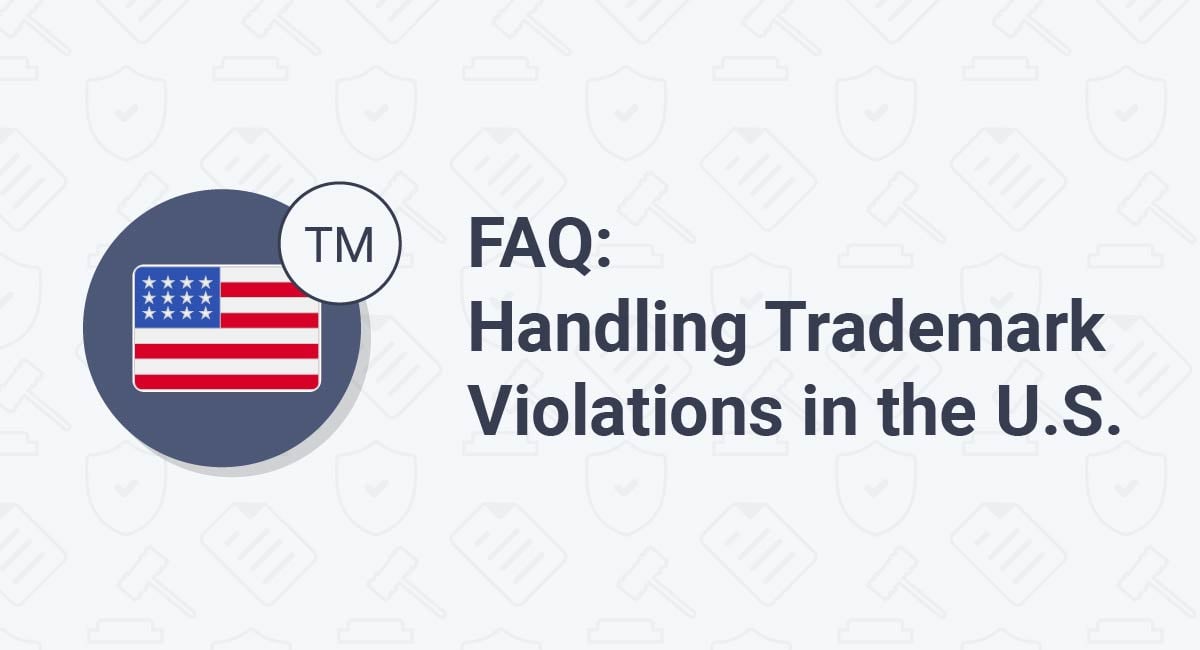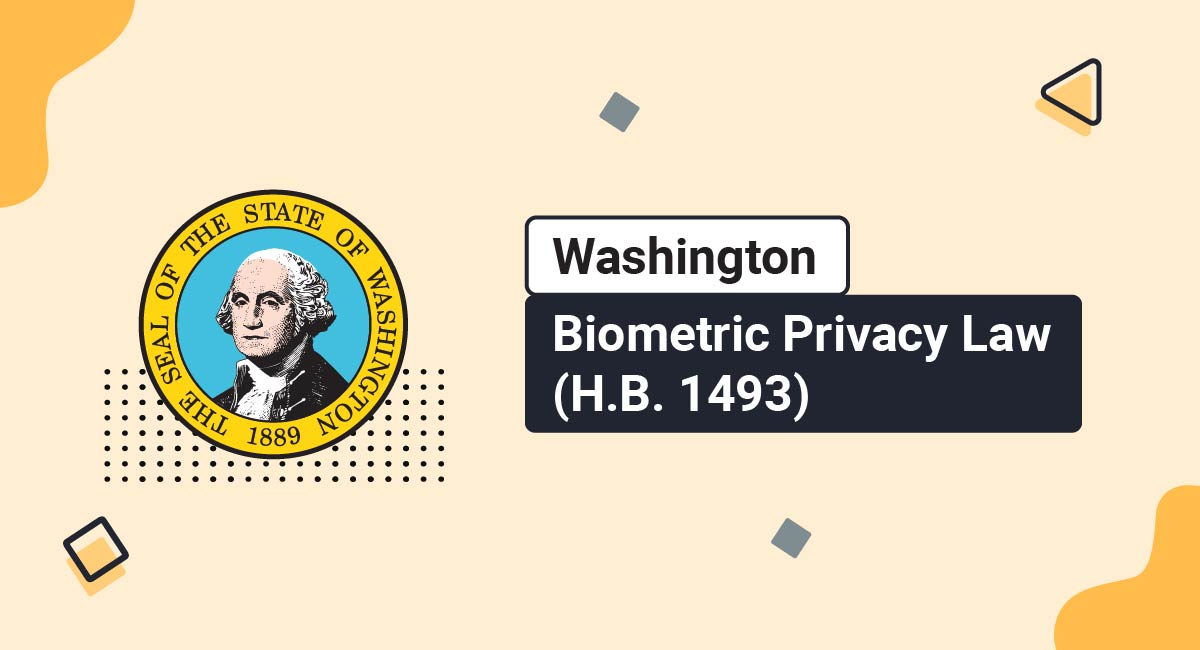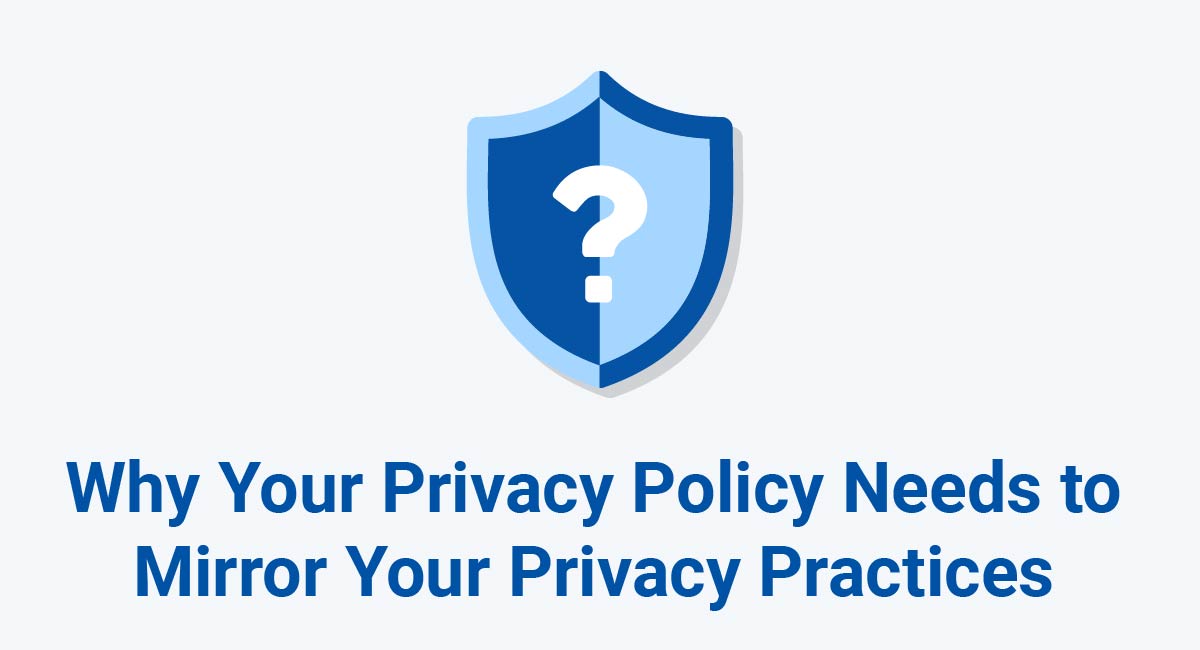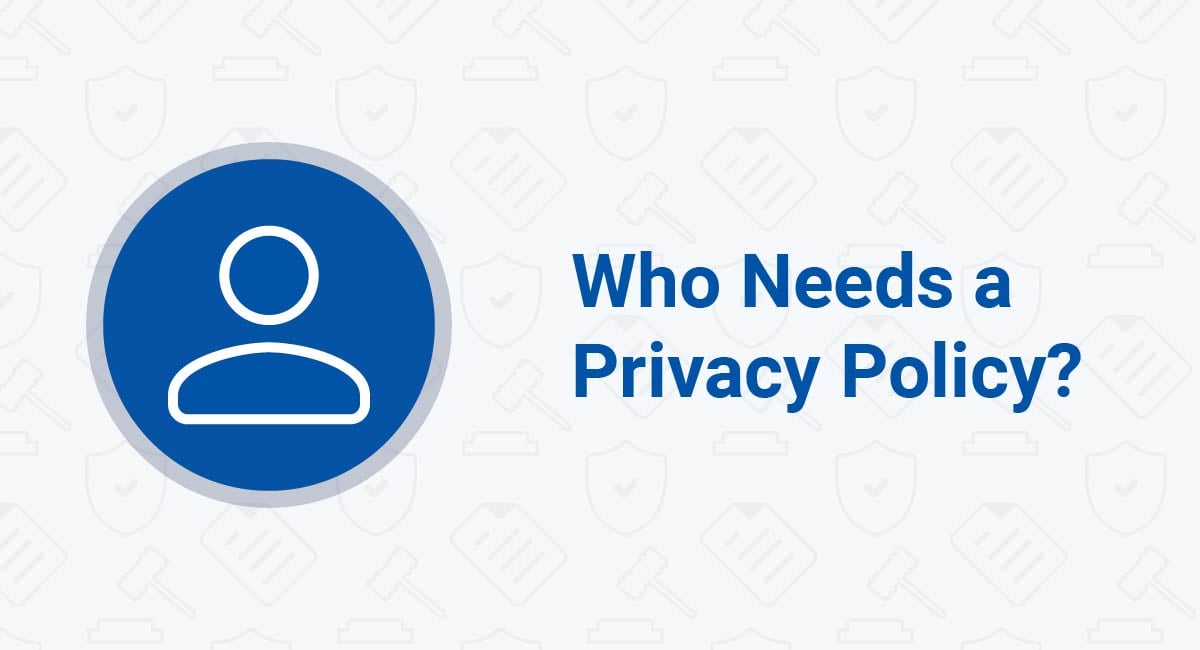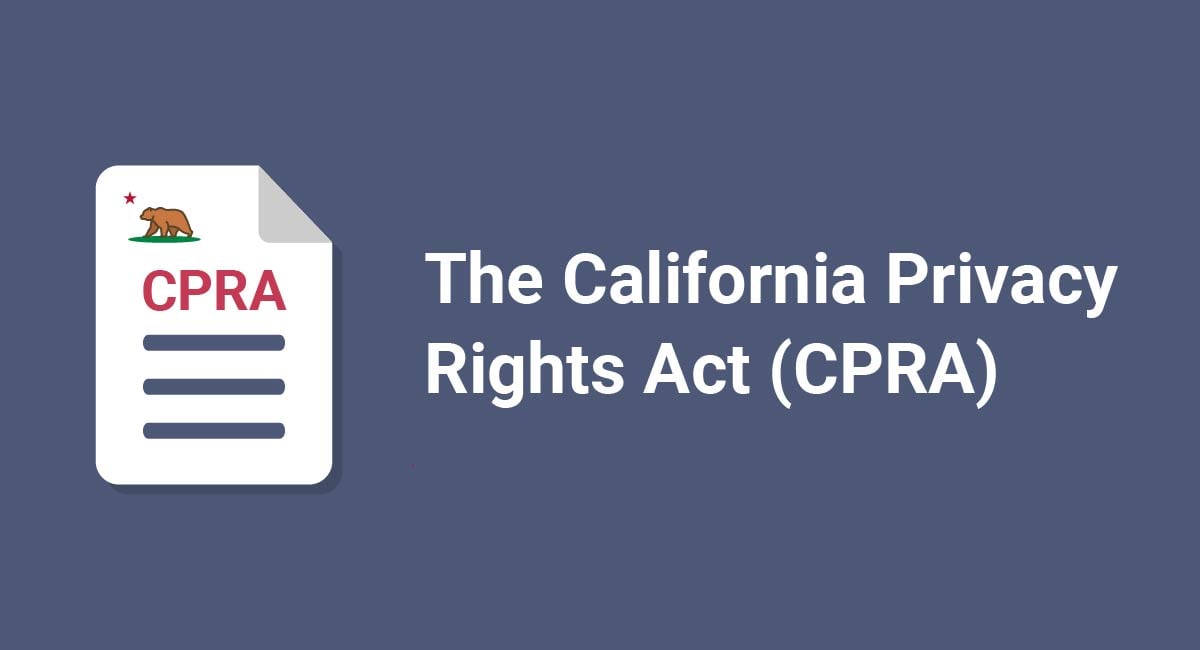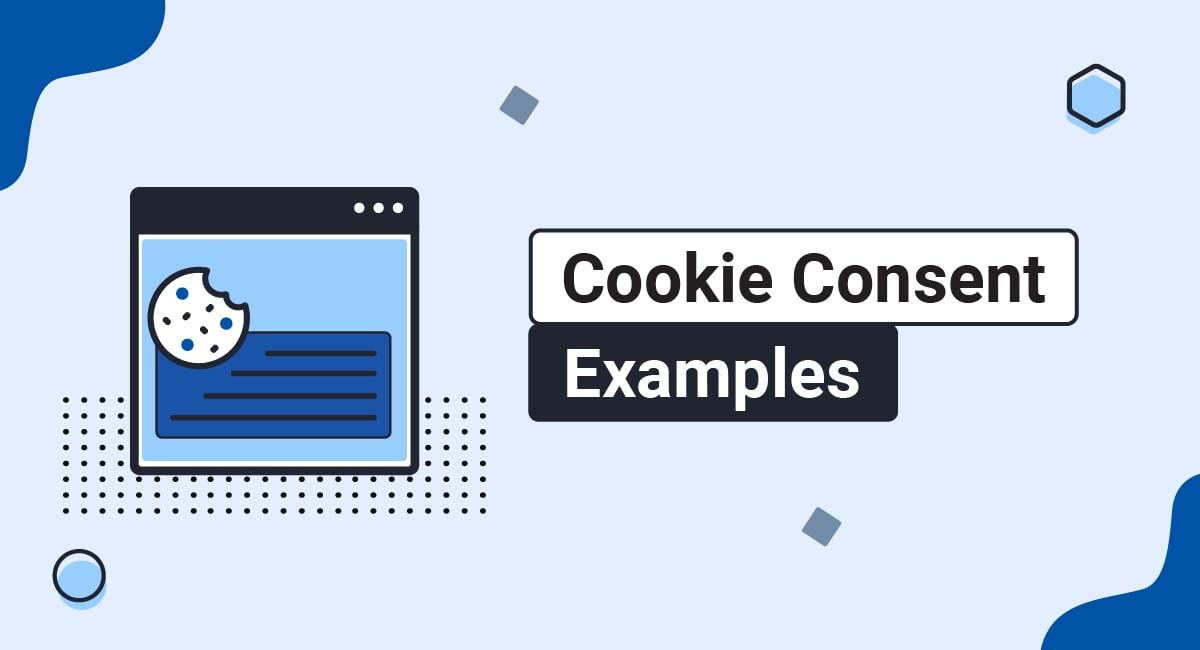
William Blesch - Page 13
Legal and data protection research writer at TermsFeed.
Will Blesch is a versatile writer with experience writing for online consumer publications and news outlets as well as helping companies in high tech, biotech, SaaS, Legal, and the healthcare industries (a few others here and there too) create content and marketing collateral that’s perfect for their relative audiences.
FAQ: Handling Trademark Violations in the U.S.
Many business owners entirely overlook a step that's genuinely beneficial when first starting out. This step is registering a trademark, which puts all of your competitors on notice that you're staking a claim to a corporate image. Many business owners don't stop to consider just how important registering a trademark can...
Washington Biometric Privacy Law (H.B. 1493)
In this article, we'll be taking a look specifically at the Washington Biometric Privacy Law (H.B. 1493), Washington state's effort at protecting the biometric data of its residents and what you need to do to comply. What is Biometric Data? Biometric data is data related to personal, unique information such as your...
Why Your Privacy Policy Needs to Mirror Your Privacy Practices
Your Privacy Policy needs to accurately disclose your privacy practices to the world and to legal authorities. This is a legal requirement, but it also helps make your company trustworthy in the eyes of the public. This article will explain why this is so important, and what stepsp you can take...
Who Needs a Privacy Policy?
Any website, app or platform of any kind that collects or uses any type of personal information from its users needs a Privacy Policy. Personal information can be something as obvious as a name and email address. But it can also be less obvious information, such as the user's IP address....
The California Privacy Rights Act (CPRA)
On July 1, 2020, California's CCPA became enforceable. A few days prior, privacy advocacy group, "California for Consumer Privacy" (CFCP) declared it collected almost a million signatures to have the California Privacy Rights Act (CPRA) placed on the November 2020 ballot. Whether your business is in California or not, you should...
Cookie Consent Examples
If you use cookies, you must notify your users of this. While the specific requirements vary depending on what cookies you use and where you do business, the method used to notify users and get consent is quite consistent across the board. This method is a cookie consent notice. In this...
